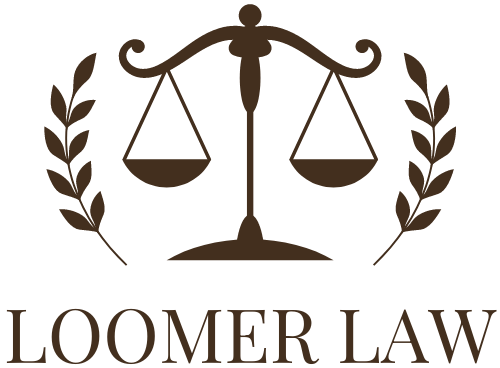Elder Financial Abuse and Undue Influence in California: A Growing Concern Understanding Elder Financial Abuse
Elder financial abuse is a serious and growing issue in California, where vulnerable older adults are often targeted by caregivers, family members, and financial advisors. This type of exploitation can take many forms, including unauthorized transactions, coercion, and fraud, often involving undue influence. What is Undue Influence? California law defines undue influence as “excessive persuasion […]
The Prudent Investor Rule: What Every Fiduciary Should Know

If you’re managing someone else’s assets—as a trustee, conservator, or financial caretaker—the Prudent Investor Rule is your essential guide. It lays out how to make responsible investment choices that prioritize the interests of beneficiaries while growing and protecting their assets. Here’s a straightforward look at this rule, why it matters, and how it applies in […]
The Ultimate 2025 Guide for New Trustees: Managing Trust Assets & Responsibilities

Understanding Your Role as a Trustee Being named a trustee can feel overwhelming at first, but it’s an essential role that comes with significant responsibilities. As a trustee, you are legally obligated to manage and protect the trust’s assets—which may include money, property, and investments—for the benefit of the beneficiaries. Your actions must align with […]
2025 Fiduciary Best Practices: How to Avoid Conflicts of Interest & Protect Your Role

Avoiding Conflicts of Interest as a Fiduciary: A 2025 Guide What Is a Fiduciary and Why Does It Matter? A fiduciary is someone who manages another person’s money, property, or financial affairs with the highest level of care, honesty, and loyalty. Whether acting as a trustee, executor, financial advisor, or guardian, a fiduciary is legally […]
How to Create an Inventory and Appraisal in California Probate Court: A Simple Guide

In California, when someone passes away or when a conservator has been appointed, the probate court requires a complete list of their assets, called an “Inventory and Appraisal,” to ensure everything is handled fairly and according to the law. This list includes everything the person owned—property, bank accounts, personal items, and debts. Here’s a straightforward breakdown […]
The Fiduciary Academy How a Fiduciary Should Handle Accounting: A Simple Guide

When someone acts as a fiduciary—whether as a trustee, executor, or guardian—they’re responsible for managing someone else’s money or property. One of the most essential parts of this role is keeping clear, accurate records, known as “accounting.” Good accounting shows how the money is managed and helps build trust with the beneficiaries or anyone involved. […]


